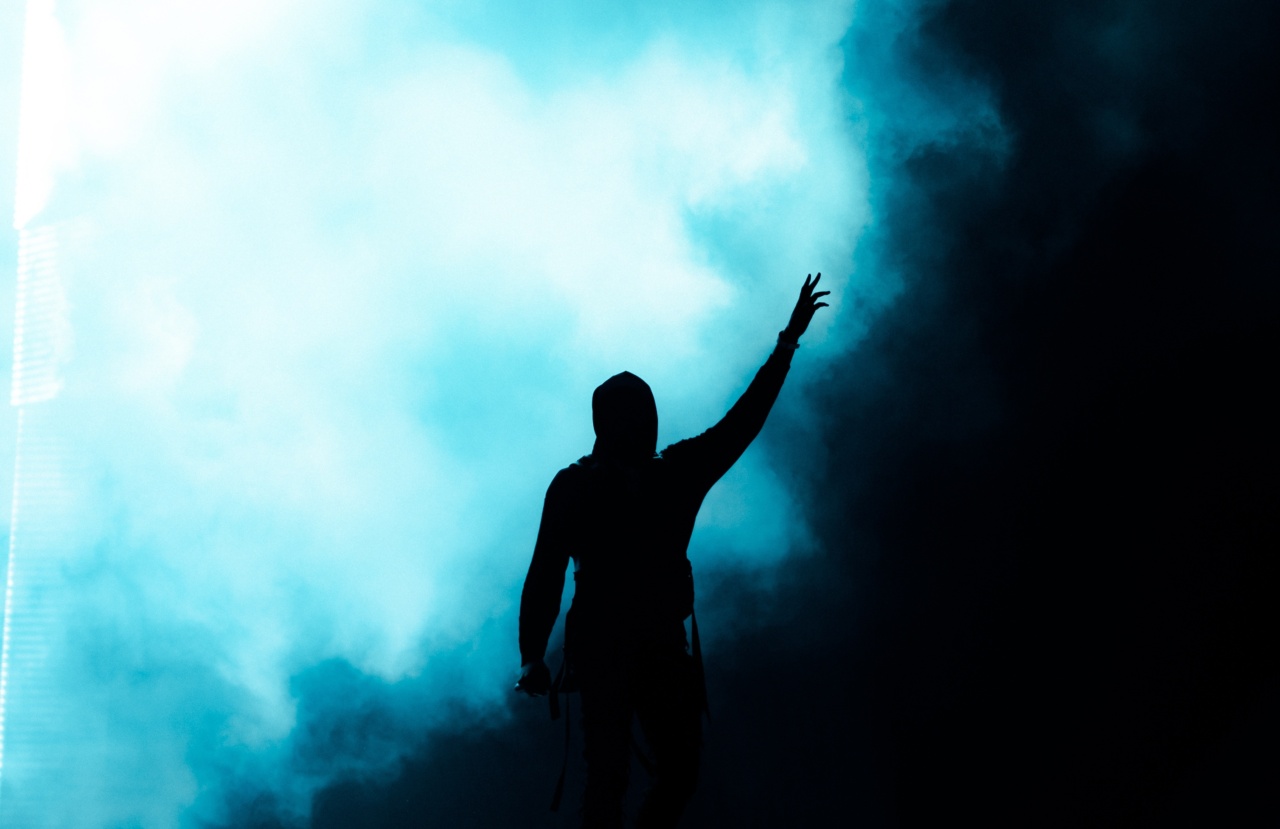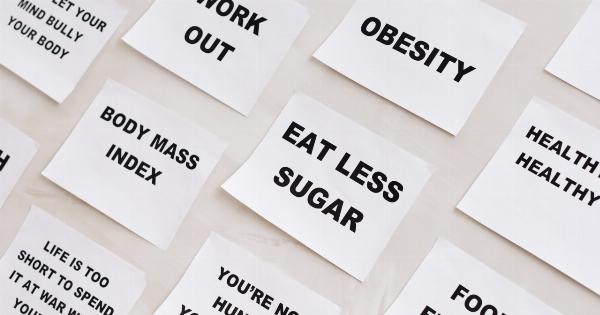Migraines are a common form of headache that affects millions of people worldwide. Although some people may experience migraines occasionally, others may suffer from chronic migraines that affect their daily lives.
Migraines can be caused by a variety of factors such as stress, hormonal changes, food and environmental triggers, and genetics. However, some people may experience migraines without any clear cause or trigger, which can make it challenging to manage or prevent them.
In this article, we will explore some of the unusual triggers that can cause migraines and how to identify them.
1. Weather Changes
Weather changes can trigger migraines, especially sudden changes in temperature, humidity, or atmospheric pressure.
Research shows that extreme heat or cold, high humidity, and changes in barometric pressure can lead to changes in the brain chemicals that cause migraines in some people. People who are prone to migraines may want to keep track of the weather forecast and take preventive measures such as wearing sunglasses, using a scarf or hat, or avoiding extreme weather conditions.
2. Perfumes and Scents
Perfumes, scented products, and cleaning chemicals can trigger migraines in some people. Certain chemicals found in perfumes and scented products can irritate the lining of the nose and trigger a migraine.
People who are sensitive to fragrances may want to avoid using perfumes and scented products or choose fragrance-free or natural alternatives. They may also want to use unscented cleaning products, avoid scented candles, and ventilate their homes well.
3. Food Additives
Food additives such as monosodium glutamate (MSG), nitrates, and artificial sweeteners have been linked to migraines in some people. These additives are commonly found in processed foods, fast food, canned food, and packaged snacks.
People who are prone to migraines may want to avoid foods that contain these additives or eat fresh, whole foods instead.
4. Bright or Flickering Lights
Bright or flickering lights can trigger migraines in some people, especially those with photosensitive migraines. Bright sunlight, flashing lights, strobe lights, and computer screens can cause a migraine or make it worse.
People who are sensitive to light may want to wear tinted glasses, use an anti-glare screen filter, or avoid bright lights and screens when possible.
5. Lack of Sleep
Lack of sleep or poor sleep quality can trigger migraines in some people. Sleep is essential for the brain to recharge and repair itself, and when it’s disrupted, it can lead to changes in the brain chemicals that cause migraines.
People who are prone to migraines may want to prioritize sleep hygiene practices like keeping a consistent sleep schedule, creating a relaxing sleep environment, and avoiding caffeine and electronics before bedtime.
6. Hormonal Changes
Hormonal changes, such as those that occur during menstruation, pregnancy, or menopause, can trigger migraines in some women. The fluctuations of estrogen and progesterone can affect the brain chemical systems that regulate pain and lead to migraines.
Women who are prone to hormonal migraines may want to talk to their healthcare provider about hormonal birth control or other treatment options that can help.
7. Stress
Stress is a known trigger for migraines, and chronic stress can make migraines more frequent and severe. When the body is under stress, it releases hormones that can cause changes in the brain chemicals that regulate pain and lead to a migraine.
People who are prone to migraines may want to learn stress management techniques such as mindfulness, deep breathing, yoga, or meditation.
8. Exercise
Although regular exercise can help prevent migraines, some people may experience migraines after intense or prolonged physical activity.
When the body is exposed to physical stress, it releases a variety of chemicals that can trigger migraines in some people. People who are prone to migraines may want to avoid intense exercise or use preventive measures such as staying hydrated, warming up and cooling down before and after exercise, and avoiding exercise during hot and humid weather.
9. Dehydration
Dehydration can trigger migraines in some people, especially if there is a significant loss of fluids or electrolytes. When the body is dehydrated, the blood vessels in the brain can constrict, leading to a migraine.
People who are prone to migraines may want to drink plenty of water and electrolyte-rich fluids, especially during hot weather or physical activity.
10. High Altitude
High altitude can trigger migraines in some people, especially those who are not used to the high altitude or have a history of migraines.
The low oxygen levels and changes in barometric pressure can affect the brain chemicals that regulate pain and lead to a migraine. People who are traveling to a high-altitude area may want to prepare themselves by hydrating well, avoiding alcohol and caffeine, and taking preventive measures such as medication or oxygen therapy.
Identifying the triggers that cause migraines can be a challenging task, especially when the cause is unknown or unusual.
People who are prone to migraines may need to keep a migraine diary to track their symptoms, potential triggers, and treatment outcomes to help them manage their migraines better.
























